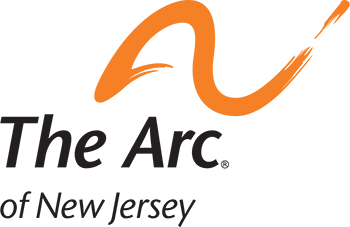Susan K. Livio, The Star-Ledger
February 02, 2010
TRENTON: A prestigious British medical journal today retracted a controversial 12-year-old study that linked the measles, mumps and rubella shots to autism and launched a worldwide movement of parental mistrust against childhood vaccines.
In academic and scientific circles, the The Lancet's decision was dramatic, even historic. But in New Jersey, home to the highest autism rate in the country, the journal's decision only further hardened the positions of two separate camps: doctors and advocacy groups that have long questioned the study's validity, and activist parents who remain convinced of its findings.
The Lancet's retracted the article after the General Medical Council, the supervisory body over physicians in England, concluded Andrew Wakefield, the lead author of the study, had engaged in a "biased selection of patients," describing his actions as "dishonest and irresponsible."
Margaret Fisher, an infectious disease specialist at The Children's Hospital at Monmouth Medical Center in Long Branch, said she was relieved the article had been debunked.
"Unfortunately it came out at time that was ripe for people to be concerned about the safety of vaccines," Fisher said. "It got a major movement going. We have spent a lot of time, money and energy to counteract what turned out to be an inappropriate study in the first place."
Suzanne Buchanan, a licensed psychologist and the clinical director for the statewide family advocacy group, Autism New Jersey, said she believes a significant silent majority of parents always questioned the study's conclusions.
"Autism is a devastating and severe disorder. It's natural to question why this happens. In the absence of solid ideas about the cause, a hypothesis can turn into belief. The missing piece unfortunately is the data from a well-controlled study," she said.
Elena Graziosi of Mansfield, the mother of a 5-year-old daughter with autism and an employee at Autism New Jersey, counts herself among this silent majority. She thinks the Lancet's decision will help alleviate the guilt parents of autistic children may have because they followed vaccine guidelines.
"I never really believed in it," Graziosi said of the Lancet's article. "The things I was seeing in my daughter were there although they were not apparent until she got a little older, coinciding with when she got the vaccine."
Barbara Flynn of Summit, who 20 years ago founded the group, Children Having Everybody Really Upset 'Bout Shots, or CHERUBS, said the Lancet's decision to "cancel his article will not change the mind of supporters" of Wakefield. Flynn said it may strengthen a dubious public's suspicion about the pharmaceutical industry and its influence on medical research.
"The burden of proving vaccines are safe and effective should be on the vaccine manufacturers and not on the parents and the doctors," Flynn said.
Geoff Dubrowsky of Brick, whose 14-year-old son has autism, said he considered the author of the study a hero. "If he did not stand up and do what he did, parents around the world would have not had a lot of biomedical research that has been done."
New Jersey has the country's highest rate of autism, with 1 in 94 children affected. Nationally, 1 in 100 children is diagnosed with the disorder. People with autism exhibit atypical, repetitive behaviors and deficits in social and communication skills.
The Associated Press contributed to this report.
